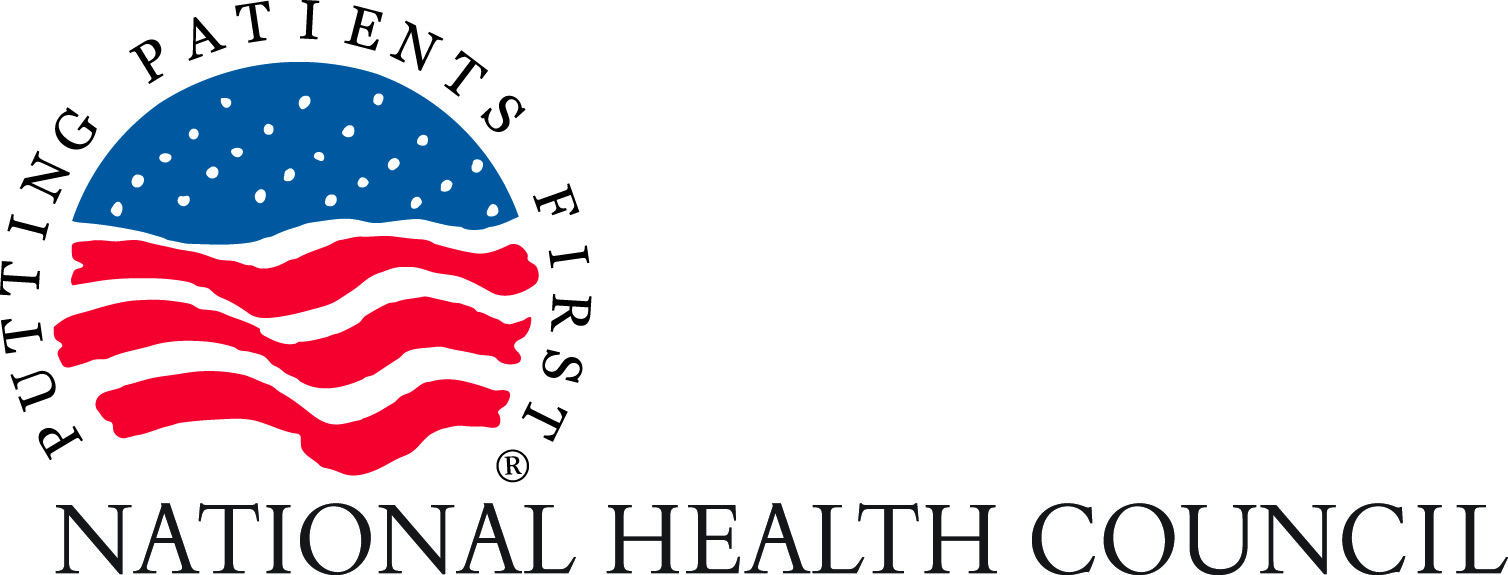NHC Comments on the 2021 Notice of Benefit and Payment Parameters
03/09/2020
By Maddie Mason, Senior Associate, Policy
The Centers for Medicare and Medicaid (CMS) released their Proposed Rule, entitled “HHS Notice of Benefit and Payment Parameters for 2021; Notice of Requirement for Non-Federal Governmental Plans” (NBPP), for public comment. The NBPP is released annually to recommend financial and regulatory rules for insurance plans such as qualified health plans (QHPs); self-funded group plans; and plans in the individual, small-group, and large-group markets.
This rule is important because the Affordable Care Act’s (ACA’s) long-term ability to continue to assure coverage for patients relies on the stability of the individual health plan marketplaces. It is also a rule that, in past years, includes changes that can positively or negatively impact access for people with chronic diseases and disabilities. We support policies that balance long-term program stability with our primary commitment to ensure that individuals with chronic conditions have access to affordable, high-value, and sustainable health care. In our comments, we focused on three provisions that are the most likely to impact Americans’ access to health care, especially for those with chronic disease and disabilities.
The NHC urged CMS to reconsider its proposal to modify automatic re-enrollment.
CMS proposed that people who currently receive tax credits to fully offset their premium costs would not automatically continue to receive those credits when they are annually re-enrolled in their insurance coverage. This provision is worrisome because if an individual, or family, is re-enrolled into their existing plan without the application of the appropriate tax credit, they would be responsible to pay a monthly premium invoice that very well could equal or exceed their monthly income and result in them losing coverage if they can’t pay.
In addition, a patient would only have 30 days to find out they had lost access to the tax credit, fill out and submit the appropriate paperwork, and be approved before losing coverage. This would create a true logistical challenge.
The NHC urged CMS to withdraw the proposed changes related to manufacturer coupons applying to out-of-pocket spending.
Under the current system, patients are often burdened by high out-of-pocket costs, especially when they require prescription drugs for complex and chronic conditions. For patients taking branded medication, without generic alternatives, they often must rely on assistance from co-pay coupons, discount cards, charitable assistance, and other forms of assistances to be able to purchase their medications.
CMS is proposing to allow plans to decide if manufacturer coupon amounts will count towards annual limitations on cost-sharing. This provision would cause patients to pay higher out-of-pocket costs and is a change from a provision introduced last year that took a nuanced approach similar to the NHC’s policy on this issue. The previous policy, which would have only applied to assistance given for branded medication that has generic competition, was a pragmatic way to eliminate gaming of the system by manufacturers while still allowing patients to receive appropriate assistance to help them manage their costs. We urged CMS to revert to the proposal from last year with some additional safeguards for patients, including:
- Refrain from expanding this proposal to charitable assistance;
- Clarify that the provision only applies to manufacturer assistance where the co-payment support is connected to a specific, brand-product, and generic substitution is appropriate for the specific patient;
- Only apply this policy when a generic is available on the formulary on a lower cost sharing tier than the branded product;
- Require the issuer to inform the enrollee in advance that co-payment assistance will be excluded from calculations towards annual out-of-pocket limits;
- Exclude therapeutic classes where there is documented variability in patient response to different versions of a brand or generic drug; and
- Ensure that patients have an opportunity to appeal the issuer’s determination to exclude manufacturer support from out-of-pocket limit calculations in a manner similar to that extended to patients seeking a formulary exception.
The NHC supports value-based insurance design with carefully considered guardrails and requirements.
Value-based insurance design (VBID) is a method of providing insurance that encourages patients and providers to make use of services and treatments that are designated as high-value. For instance, an insurance company might waive all co-pay costs for a preventative treatment that will result in lower use of higher-cost, more intensive services later.
CMS included several provisions in the rule to encourage the development of VBID. The NHC is supportive of these efforts and has previously prioritized its implementation in our policy recommendations for Reducing Health Care Costs. In our comments, we emphasized the importance of CMS implementing this coverage in a way that would minimize the risk for discriminatory plan design. This includes things like making sure healthy patients are not cherry-picked into VBID plans, costs are not passed onto beneficiaries in other plans, and that “high value” is defined by patients.
Please read our entire comment letter here.

